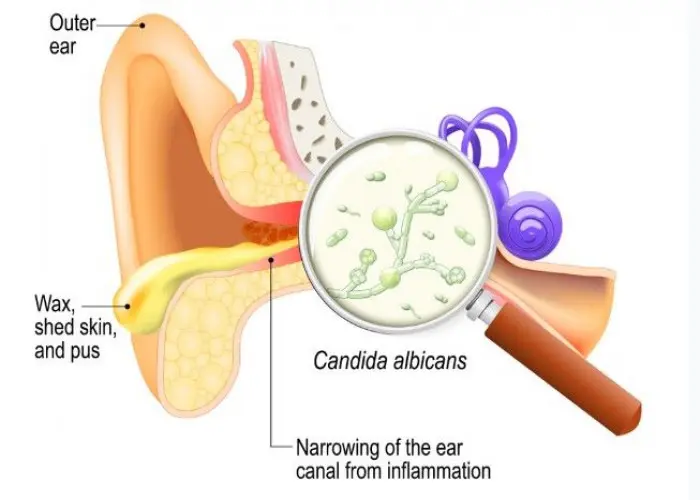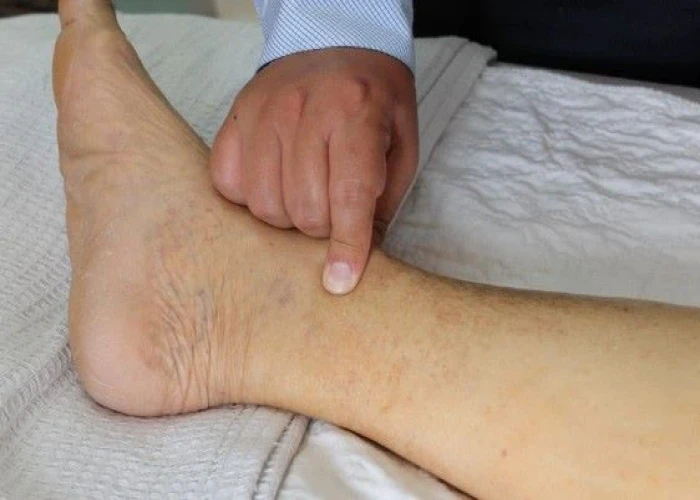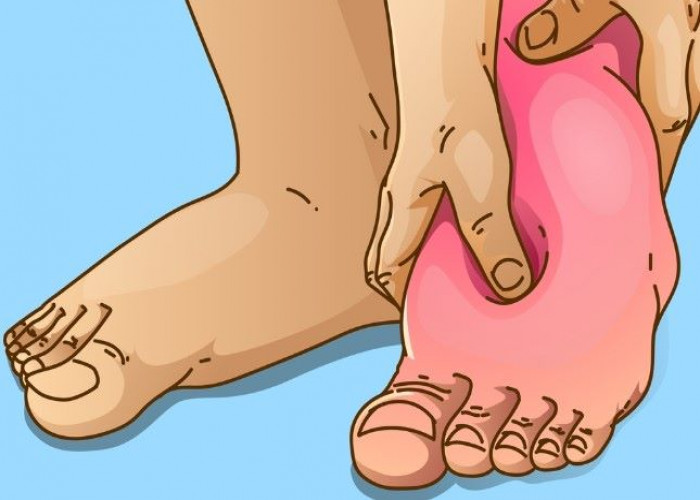 Welcome
Welcome
“May all be happy, may all be healed, may all be at peace and may no one ever suffer."
Edema

Edema is a medical condition characterized by the accumulation of excess fluid in the tissues of the body, leading to swelling and inflammation. Edema can occur in any part of the body, but it is most commonly seen in the legs, ankles, and feet.
There are many possible causes of edema, including:
- Heart failure: When the heart is unable to pump blood efficiently, it can lead to fluid accumulation in the lungs and other parts of the body.
- Kidney disease: When the kidneys are not functioning properly, they may not be able to remove excess fluid from the body, leading to edema.
- Liver disease: Liver disease can lead to a decrease in the production of albumin, a protein that helps regulate fluid balance in the body.
- Pregnancy: Hormonal changes during pregnancy can cause fluid retention, leading to edema.
- Certain medications: Some medications, such as corticosteroids, calcium channel blockers, and nonsteroidal anti-inflammatory drugs (NSAIDs), can cause fluid retention and edema.
Treatment for edema depends on the underlying cause. For example, if edema is caused by heart failure, treatment may involve medications to improve heart function, while edema caused by kidney disease may require dialysis. In some cases, lifestyle changes such as reducing salt intake and wearing compression stockings may help alleviate symptoms of edema.
If left untreated, edema can lead to skin breakdown and infection, as well as impaired movement and function. It is important to seek medical attention if you experience any symptoms of edema, including swelling, stiffness, or pain.
Research Papers
Disease Signs and Symptoms
- Swollen skin
- Swollen leg
- Swollen arms or hands
- Swollen abdomen (Ascites)
- Shortness of breath (dyspnea)
- Difficulty breathing (dyspnea)
- Chest pain
- Swollen (Edema)
Disease Causes
Edema
Edema occurs when tiny blood vessels in your body (capillaries) leak fluid. The fluid builds up in surrounding tissues, leading to swelling.
Mild cases of edema may result from:
- Sitting or staying in one position for too long
- Eating too much salty food
- Having premenstrual signs and symptoms
- Being pregnant
Edema can also be a side effect of some medications, including:
- High blood pressure medications
- Nonsteroidal anti-inflammatory drugs
- Steroid drugs
- Estrogens
- Certain diabetes medications called thiazolidinediones
In some cases, however, edema may be a sign of a more serious underlying medical condition. Several diseases and conditions may cause edema, including:
- Congestive heart failure. If you have congestive heart failure, one or both of your heart's lower chambers lose their ability to pump blood effectively. As a result, blood can back up in your legs, ankles and feet, causing edema. Congestive heart failure can also cause swelling in your abdomen. Sometimes, this condition can cause fluid to accumulate in your lungs (pulmonary edema), which can lead to shortness of breath.
- Cirrhosis. Fluid may accumulate in your abdominal cavity (ascites) and in your legs as a result of liver damage (cirrhosis).
- Kidney disease. When you have kidney disease, extra fluid and sodium in your circulation may cause edema. The edema associated with kidney disease usually occurs in your legs and around your eyes.
- Kidney damage. Damage to the tiny, filtering blood vessels in your kidneys can result in nephrotic syndrome. In nephrotic syndrome, declining levels of protein (albumin) in your blood can lead to fluid accumulation and edema.
- Weakness or damage to veins in your legs. If you have chronic venous insufficiency, the one-way valves in your leg veins are weakened or damaged, which allows blood to pool in your leg veins and causes swelling. Sudden onset of swelling in one leg accompanied by pain in your calf muscle can be due to a blood clot (deep vein thrombosis, or DVT) in one of your leg veins. If this occurs, seek medical help immediately.
- Inadequate lymphatic system. Your body's lymphatic system helps clear excess fluid from tissues. If this system is damaged — for example, by cancer surgery — the lymph nodes and lymph vessels draining an area may not work correctly, and edema can occur.
- Severe, long-term protein deficiency. An extreme lack (deficiency), of protein in your diet over a long period of time can lead to fluid accumulation and edema.
Disease Prevents
Disease Treatments
Mild edema usually goes away on its own, particularly if you help things along by raising the affected limb higher than your heart.
More-severe edema may be treated with drugs that help your body expel excess fluid in the form of urine (diuretics). One of the most common diuretics is furosemide (Lasix). However, your doctor will determine whether these types of medications are a good option for you based on your personal medical history.
Long-term management typically focuses on treating the underlying cause of the swelling. If edema occurs as a result of medication use, your doctor may adjust your prescription or check for an alternative medication that doesn't cause edema.
Disease Diagnoses
Disease Allopathic Generics
Disease Ayurvedic Generics
Disease Homeopathic Generics
Disease yoga
Edema and Learn More about Diseases

Adrenal cancer

Swimmer's ear

Wilms' tumor

Amyotrophic lateral sclerosis (ALS)

Incompetent cervix

Nephrotic syndrome

Airplane ear

Whipple's disease
edema, শোথ
To be happy, beautiful, healthy, wealthy, hale and long-lived stay with DM3S.
